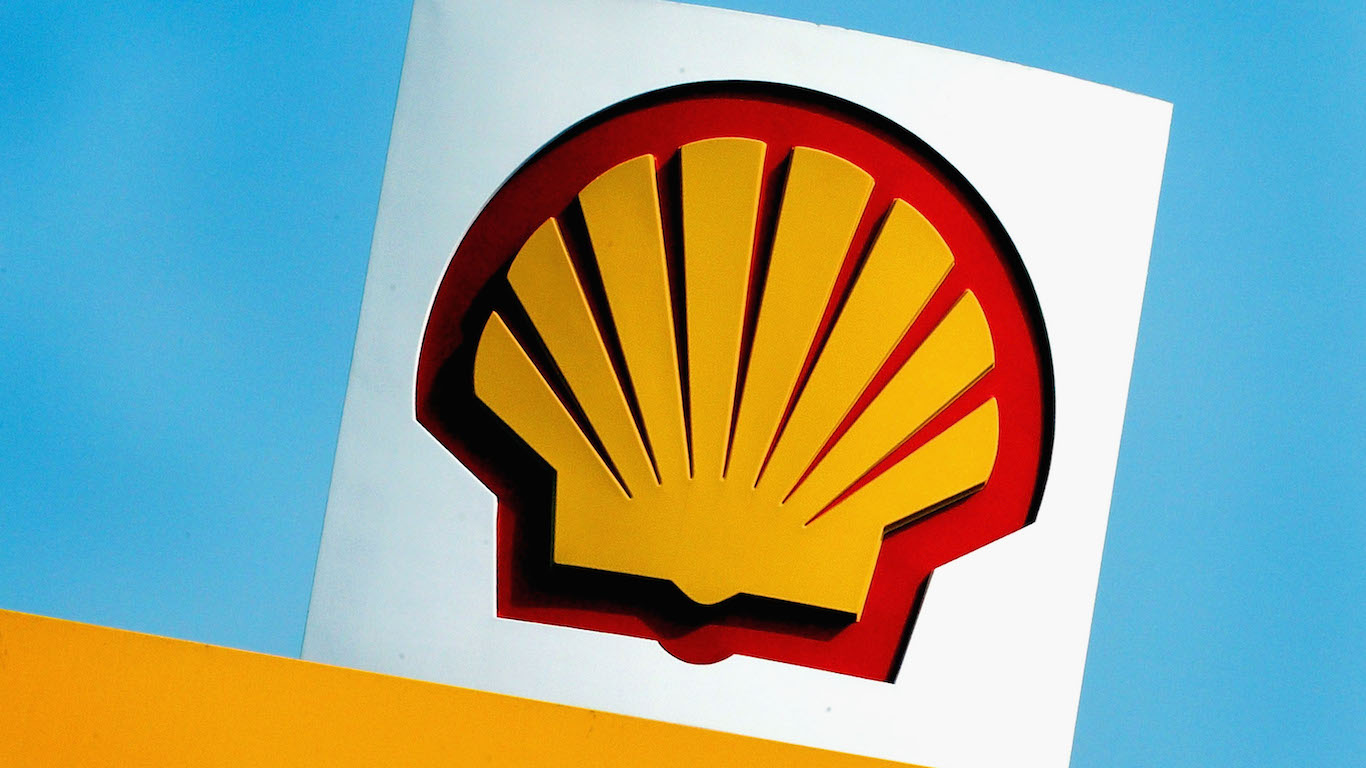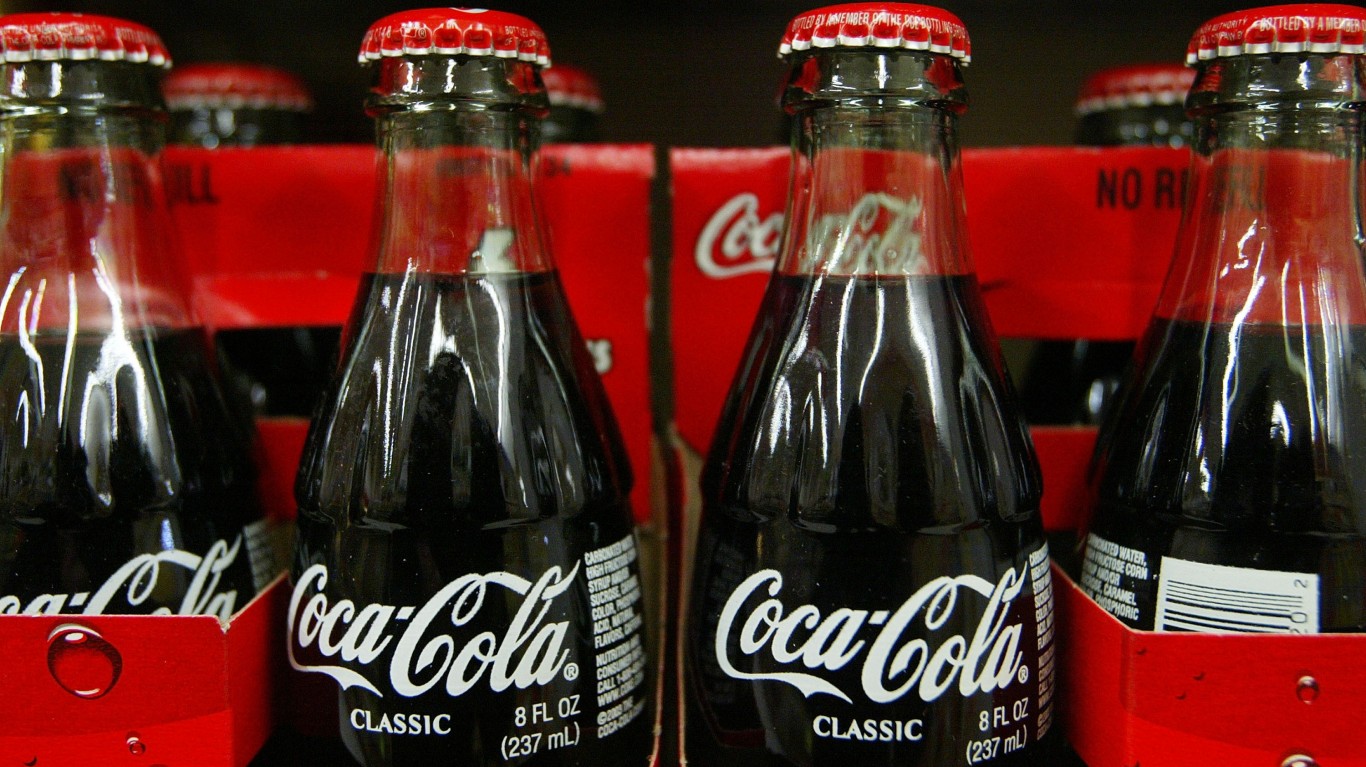
Royal Dutch Shell PLC (NYSE: RDS-A) reported second-quarter 2020 results before markets opened Thursday. The oil and gas supermajor reported adjusted diluted earnings per share (EPS) of $0.06 on revenues of $32.5 billion. In the same period a year ago, Shell reported EPS of $0.84 on revenue of $61.0 billion. Second-quarter results also compare to consensus estimates for a loss per share of $0.26 and $64.24 billion in revenue.
Shell announced in late June that it would be taking a noncash, pretax impairment charge of $20 billion to $27 billion as a result of the effects of the COVID-19 pandemic. The actual amount reported was $22.3 billion ($16.8 billion after-tax).
By segment, Shell wrote down $11.2 billion (pretax) in the value of its integrated gas, primarily in Australia; $6.3 billion in upstream assets primarily in North American shale, a project in Nigeria, and offshore assets in the Gulf of Mexico, Brazil and Europe; $4.9 billion in oil products (refining), primarily in Europe and North America; and $9 million in its corporate segment.
On an after-tax basis, Shell reported a net loss of $18.1 billion in the quarter, including the $16.8 billion in noncash impairments. Lower realized prices, refining margins and sales margins most of the remaining damage.
Adjusted earnings totaled $638 million compared to $3.5 billion in the second quarter of last year and $2.9 billion in the first quarter of this year.
Net debt increased by $4.4 billion to $77.8 billion sequentially, and free cash flow totaled negative $300 million, compared with $6.2 billion in positive free cash flow in the year-ago quarter.
Shell’s massive impairment charge raises the question of whether Exxon Mobil Corp. (NYSE: XOM) also will take a significant charge when the U.S. supermajor reports second-quarter results Friday. Exxon has not written down the value on any of its assets so far this year, and some experts believe the company should long ago have taken a write-down on a large chunk of its $31 billion acquisition of natural gas producer XTO Energy in 2010.
The other U.S. supermajor, Chevron Corp. (NYSE: CVX) took a $10.4 billion noncash impairment charge in the fourth quarter of 2019. BP PLC (NYSE: BP) has said it expects to write down up to $17.5 billion in assets when it reports results next week, and Hess Corp. (NYSE: HES) took an impairment charge of $2.25 billion in the first quarter. Occidental Petroleum Corp. (NYSE: OXY) has warned of a write-down totaling up to $9 billion for the second quarter.
Shell did not provide earnings or revenue guidance, but analysts forecast third-quarter EPS at $0.01 and revenues at $64.2 billion. For the full fiscal year, the consensus estimate calls for EPS of $0.93 and revenue of $259.3 billion. In 2019, Shell reported EPS of $4.08 and revenue of $344.9 billion.
Shell’s stock traded down about 2.7% in Thursday’s premarket session, at $31.55 in a 52-week range of $21.26 to $61.17. The consensus price target on the stock is $40.37. Shell’s dividend yield is 3.95%.
Is Your Money Earning the Best Possible Rate? (Sponsor)
Let’s face it: If your money is just sitting in a checking account, you’re losing value every single day. With most checking accounts offering little to no interest, the cash you worked so hard to save is gradually being eroded by inflation.
However, by moving that money into a high-yield savings account, you can put your cash to work, growing steadily with little to no effort on your part. In just a few clicks, you can set up a high-yield savings account and start earning interest immediately.
There are plenty of reputable banks and online platforms that offer competitive rates, and many of them come with zero fees and no minimum balance requirements. Click here to see if you’re earning the best possible rate on your money!
Thank you for reading! Have some feedback for us?
Contact the 24/7 Wall St. editorial team.
 24/7 Wall St.
24/7 Wall St.


